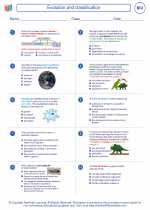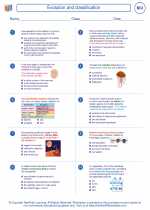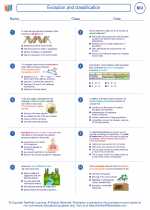What is Sodium?
Sodium is a chemical element with the symbol Na and atomic number 11. It is a soft, silvery-white, highly reactive metal. In its pure form, sodium is never found in nature due to its high reactivity, but its compounds are abundant on Earth.
Functions of Sodium in the Body
- Fluid Balance: Sodium plays a key role in maintaining the balance of fluids in the body. It helps regulate the amount of water that is retained or excreted by the kidneys.
- Nerve Function: Sodium ions are essential for the generation and transmission of electrical signals in nerve cells.
- Muscle Contraction: Sodium is involved in the contraction of muscles, including the beating of the heart.
- Acid-Base Balance: Sodium works with other electrolytes to help maintain the body's acid-base balance.
Sources of Sodium
Sodium is commonly found in table salt (sodium chloride), but it also naturally occurs in many foods. Some common sources of dietary sodium include:
- Salt (added during cooking or at the table)
- Processed and packaged foods (e.g., canned soups, processed meats, snack foods)
- Cheese
- Some condiments and sauces
Health Implications of Sodium
While sodium is essential for health, excessive intake can lead to negative health effects. High sodium intake has been linked to hypertension (high blood pressure), which is a risk factor for heart disease and stroke. It's important to consume sodium in moderation and be mindful of the sources of dietary sodium.
Recommended Intake
The recommended daily intake of sodium varies by age and sex. In general, the Dietary Guidelines for Americans recommend limiting sodium intake to 2,300 milligrams per day, with an ideal limit of 1,500 milligrams per day for certain populations, such as individuals with hypertension, diabetes, or chronic kidney disease.
Testing Your Knowledge
- What is the chemical symbol for sodium?
- What are the functions of sodium in the body?
- Give examples of dietary sources of sodium.
- What health implications are associated with excessive sodium intake?
- What is the recommended daily intake of sodium?
[Sodium] Related Worksheets and Study Guides:
.◂Biology Worksheets and Study Guides High School. Evolution and classification

 Worksheet/Answer key
Worksheet/Answer key
 Worksheet/Answer key
Worksheet/Answer key
